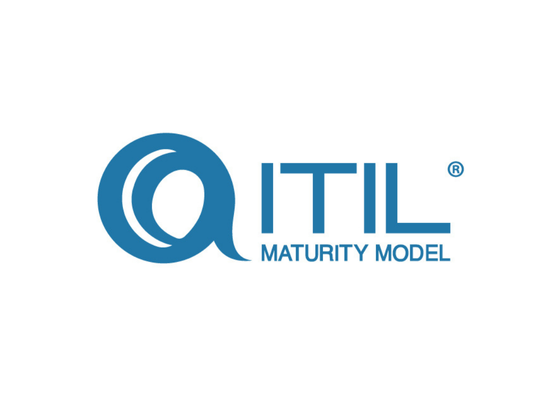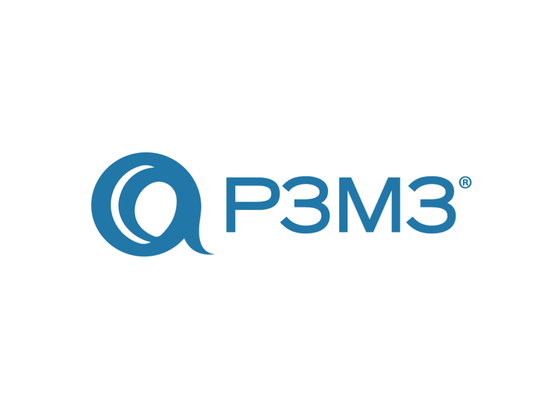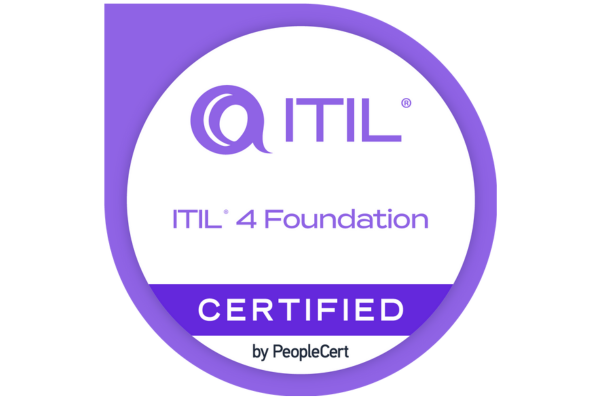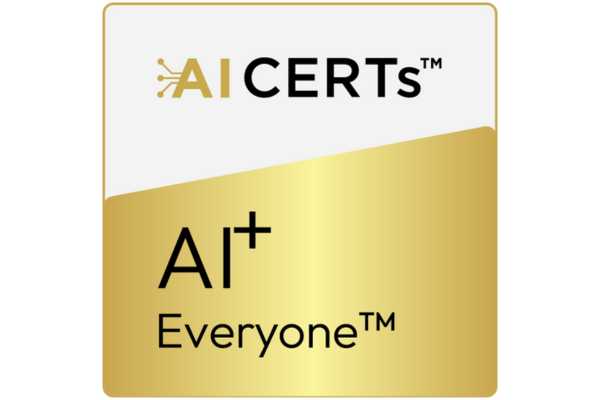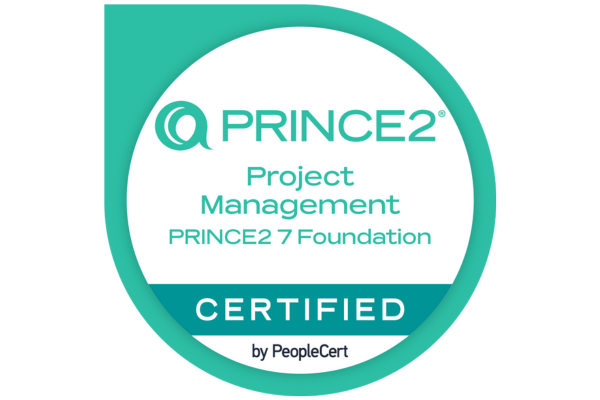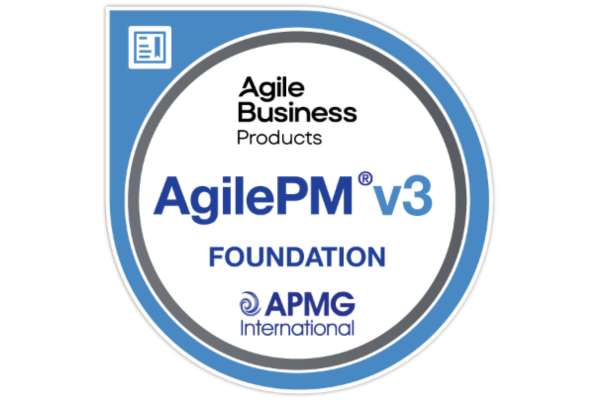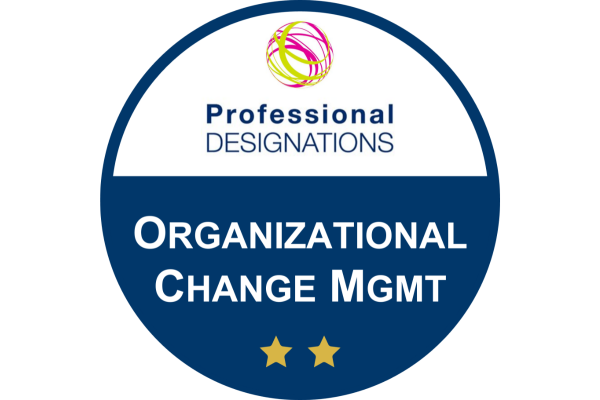
Organisational Change Management Course & Examination
Instructor-led Course
This three-day certification course provides attendees with the core concepts, frameworks, models, and leadership practices intrinsic to organisational change management, as well as strategies on how to gain employee commitment and overcome resistance. Participants will obtain knowledge of techniques for inspiring and leading staff to embrace and sustain change to keep the organisation moving in the right direction.
Course inclusions:
- Online access to ITSM Hub's accredited course materials and additional resources
- Sample exam - interactive exam and PDF version
- Comprehensive study guide
- Organisational Change Management online examination voucher, valid for 12-months
- A complimentary exam re-sit if you miss out the first time
Course Overview
70% of change initiatives fail (according to the Kotter Institute and others), because those leading change either ignore or forget the people and cultural side of change. By using the 20/20 model as a framework, attendees will learn how to define why a change is necessary and why getting the right leadership support is important, as well as how to put together a detailed plan for the change, execute the change plan, and ensure the change is sustained in the organisation. This is reinforced by supplying practical hands-on tools, pragmatic exercises, and case studies that enable the application of the best practices for leading change.
The 20/20 change model is a four-phase model that first clarifies your organisation’s business objectives, ensures the change initiative will align with the over-arching business objectives, and embeds the change within the culture and practices of the organisation.

Here are the four phases of the 20/20 Change Model:
Phase I – Clarify and Align
- Pinpoint the business objectives that your project or team needs to align with and determine what needs to be done to realise these objectives, as well as whether it’s worthwhile to undertake this project right now.
- Identify how this project will move the organisation closer to achieving its business objectives, which will make it clear how near/far your team’s objectives are from those of the business.
Phase II – Plan and Approach
- Determine the various steps that need to be taken to implement this change, including what needs to be done, by who, and with what resources.
- Decide on an appropriate methodology and, as you proceed, continually validate progress to ensure you are on the right track.
Phase III – Engage and Implement
- Determine how to engage with your people to empower them with everything they need to get the job done, as well as to accept and adapt to the change.
- Remember that as a leader your job is to help others achieve stated goals.
Phase IV – Validate and Sustain
- Determine if you have accomplished what you set out to do by:
- Identifying key performance indicators at the outset and validating they are being achieved as you proceed.
- Observing the impact of the change on customers and business goals.
- Observing if employees are truly committed to the permanence of the change, working in a different and more efficient way, and if they are motivated to build on the change through additional improvements and benefits.
Learning Outcomes
Upon the successful completion of this course, you will understand:
- Use specific leadership theories and team dynamic concepts to manage people through the major phases of change – unfreeze, change, freeze
- Use the 20/20 organisational change model to lead and manage people through a change initiative
- Apply a SWOT analysis to understand the organisation's external and internal environment to help leaders define the problem that needs to be solved and create a sense of urgency about it
- Develop an organisational change management plan to define, agree-upon, and manage the work effort needed for the people side of a change initiative
- Build an effective change leadership team and change agent network to support the change initiative
- Develop an organisational change vision, strategy, and road map
- Understand why a stakeholder engagement plan is important, and what the best practices are for creating and executing an effective plan
- Understand why communication as well as training and development plans are important, and what the best practices are for creating and executing effective strategies and plans
- Assess organisational change readiness to ensure the organisation has the right change capacity and capability
- Provide the right leadership style to lead the planned change activities
- Develop quantitative and qualitative user adoption measures to show the positive effects of the people side of change
- Identify the activities required to formally close the organisational change management initiative and transfer ownership for sustaining the change to the relevant stakeholders
- Use the templates from the course, based on the 20/20 organisational change model, and understand the many key questions you need to ask under each of the model's components.
The integratedITSM™ Designation Scheme
This certification course is part of Professional Designations’ new designation scheme for integratedITSM™ and is required to achieve the following designations:
- integratedITSM™ Champion
- Organisational Change Management Architect™

Who should attend
This is a management-focused course and designed for those who lead, manage, and/or support organisational change initiatives, including:
- Senior leaders/managers: CIOs, VPs, AVPs, directors
- Program, project, and business managers
- Change managers/leaders and change agents
- Business analysts
- HR and organisational development practitioners
- Individuals aspiring to become change managers and leaders
Prerequisites
No prerequisites are required.
Exam & Certification
The exam is offered through Professional Designations (PDC) and to obtain certification, attendees must write and pass the exam as follows. The exam is included in the course fee and will be provided on the first day of the course.
- Duration: 60 minutes
- Questions: 30 multiple-choice questions, closed book
- Pass mark: 60% (18 questions correct out of 30 questions)
- Supervised: Yes
- Format: Online
Course Material & Inclusions
Material for this course will only be provided as downloadable soft copy files that can be viewed on a variety of devices. Attendees may print a hard copy of the files in whatever format best meets their needs and can use the files under ITSM Hub’s Terms of Use.
Organisational Change Management online exam voucher, provided by Professional Designations (PDC) - global examination provider
Plus a complimentary Organisational Change Management exam re-sit if you miss out on passing your certification the first time.
After completion of this course, you may apply for self-directed learning PDUs through PMI. A letter of attendance is available upon request.
SFIA Skills and Industry Accreditation
After completion of this course, you may apply for self-directed learning PDUs through PMI. A letter of attendance is available upon request.
This course enables participants to develop their knowledge and proficiency in the following Skills Framework for the Information Age (SFIA®) professional skills, which are core to successful Organisational Change Management:
- CIPM: Organisational Change Management
- ORDI: Organisational Design and Implementation
- RELM: Stakeholder Relationship Management
The course can also assist with gaining broader proficiency in METL: Methods and Tools by providing exposure to the use of organisational change methods.
This list gives the core SFIA skills covered by the course. Elements relevant to other SFIA skills may also be included to a lesser depth. Proficiency in a SFIA skill is measured by performance assessment and is achieved through actual substantial use of that skill in a real-world situation over some time. In course assignments and exercises undertaken through a course can demonstrate elements of the relevant skills which can then be further developed back in the workplace. Acquiring new skills and building on existing skills, ideally occurs within the context of an agreed development plan for each person that ensures that their personal circumstances, strengths and development needs are met.
Recent customers





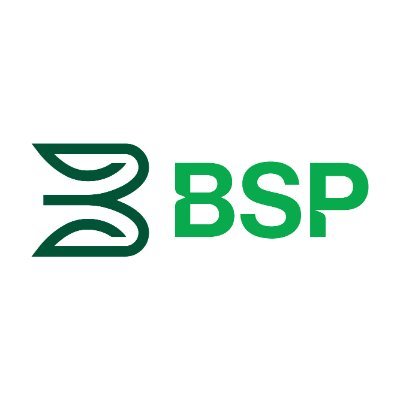
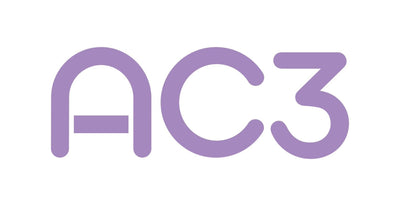

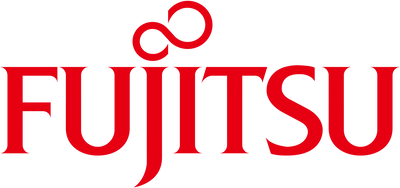



An amazing instructor who explained the content very clearly and at a very good pace. This was a good balance and approach. I found the worked examples very practical and very relatable to the Defence industry sector I work in.
Really good facilitation, kept me interested and shared so many practical applications.
Gave me a better understanding of concepts, theories and tools to formalise and improve my current relationship management.
The instructor was very professional and was able to explain each area thoroughly and is available for Q&A.
Learnt a lot that we can implement or improve on in our organisation. The presenter was clear, precise and could relate difficult concepts into language and scenarios we could relate to. Everyone came away from the course feeling that had learnt something valuable.
Catholic Education, Brisbane
The examples provided by the instructor as we were covering of material, made everything make sense. This helped during the exam. Pat was fantastic and engaging. Kept everyone on their toes and ensured he took the time to explain anything we were not clear on.
BAI Communications
The instructor was great and very interactive. He made sure we understood the material and gave ample opportunity for us to ask questions. He provided great examples which tied everything in.
